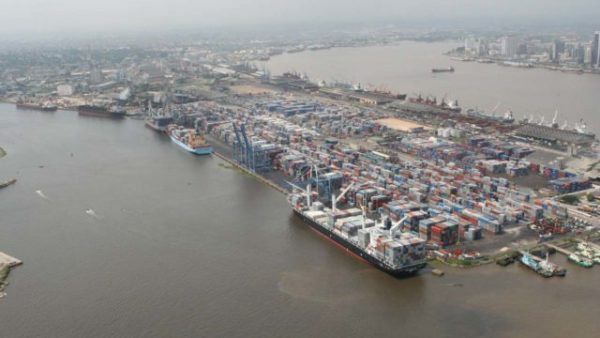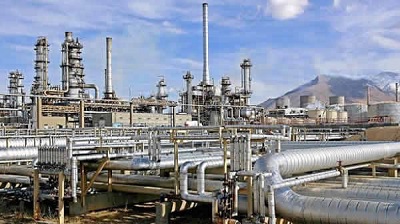Nigerian Seaports Lose Position In Global Port Rating
According to the newly released 2022 Lloyd’s list of top 100 busiest ports in the world, none of Nigeria’s ports made it in the century countdown. While Nigeria was absent Togo, Egypt, Morocco and South Africa were present as their nation’s biggest ports secured a position among the 100th. The port of Lome, Togo was placed at 96th position which was the first and only position among ports in West Africa, while Tangier Med, Morocco led the continent of Africa in the ranking by being the 24th busiest port in the world. Equally, Port Said, Egypt secured 43rd position and Port of Durban, South Africa stood at 81st.
These four nations only; represented Africa, despite the region having 48 coastal nations that are members of the International Maritime Organisation(IMO) out of 54 countries that make up the continent.
Lloyd’s List Intelligence consulting statistics judged the competency based on their TEUs (Twenty-foot Equivalent Units) output per year.
As usual, just like in 2020 and in 2019, China was at the frontiers of this list as four of her ports – Port of Shanghai ranked 1st; Port of Ningbo-Zhoushan at 3rd; Port of Shenzhen took 4th position and Port of Guangzhou at 5th place. The Port of Singapore came 2nd.
Port of Lome, Togo has patriotically salvaged shame among the rest of West African nations in this global record. It is the only ‘star port’ among the sixteen West African ports. It is laudable especially as Nigeria, the acclaimed giant of Africa who has the famous Ports; Lagos Port Complex and Tin Can Island were on hiatus when Port of Lome came, saw and conquered. It’s not shocking considering how Nigeria instead of developing, regresses and mostly devoid of happy news but filled with negative tales. Likewise, even the Port of Abidjan, Cote d’ Ivore; the biggest port in West Africa was big for nothing as it was also missing in action like Nigeria, Ghana, Kenya, Tanzania, Senegal, etc. These nations make up the top 10 known ports in Africa. This statistics by Lloyd’s Consulting in the third quarter of 2022 thumps up that capability is neither by size or fame.
The case of Port of Lome, Togo is now to recognize that little things matter and can be significant. Recall that in 2021, Port of Lome ended its operation with 1,962,304 TEUs and in 2020; 1,725,270 TEUs. It’s unfathomable to think that Togo which is a miniature of Nigeria in terms of population and geographical size is producing such a tonnage. Who are the consumers of the imports and who are the producers of the exports? The answer is, Nigeria! As of 2021, Togo population was at 8, 478 million and Nigeria 211, 4 people but in 2020 Nigeria TEUs was 1,528,520. This is smaller than Togo port activities in 2020 (1,725,270). Something is definitely amiss.
This indicates that perhaps most direct importation coming into Africa or exportation outside may be on going in Port of Lome. That is, Port of Lome may not just be a domestic evacuation port but a transshipment hub for most land locked African nations and even coastal nations whose ports are out of location, lack infrastructure or out of emergencies rely on the port for direct shipping. Also, shippers from coastal countries may be utilizing the port for shipping activities; if the terrains of shipping in their home nations seem unfavourable .
No doubt, Port of Lome has done great for her country and West Africa but this probes the activities of Nigerian ports. Nigeria, especially the twin ports in Lagos, are known for their daily bustling and chaotic escapades. Lagos roads have in turn inherited the consequences of this business due to the many trucks littered on the streets. These global results suggest that port activities in the country amount to nothing since it couldn’t even place the last foot as number 100th busiest port in the world. The Nigerian Ports Authority (NPA) , Nigerian Maritime Administration and Safety Agency (NIMASA), Nigerian Shippers’ Council (NSC) , National Association of Government Approved Freight Forwarders (NAGAFF) Nigeria Customs Service (NCS) and other relevant port stakeholders owe the public a clarification on the performance level of all the seaports in the country. Why does Nigeria stay out in the most promising news?








